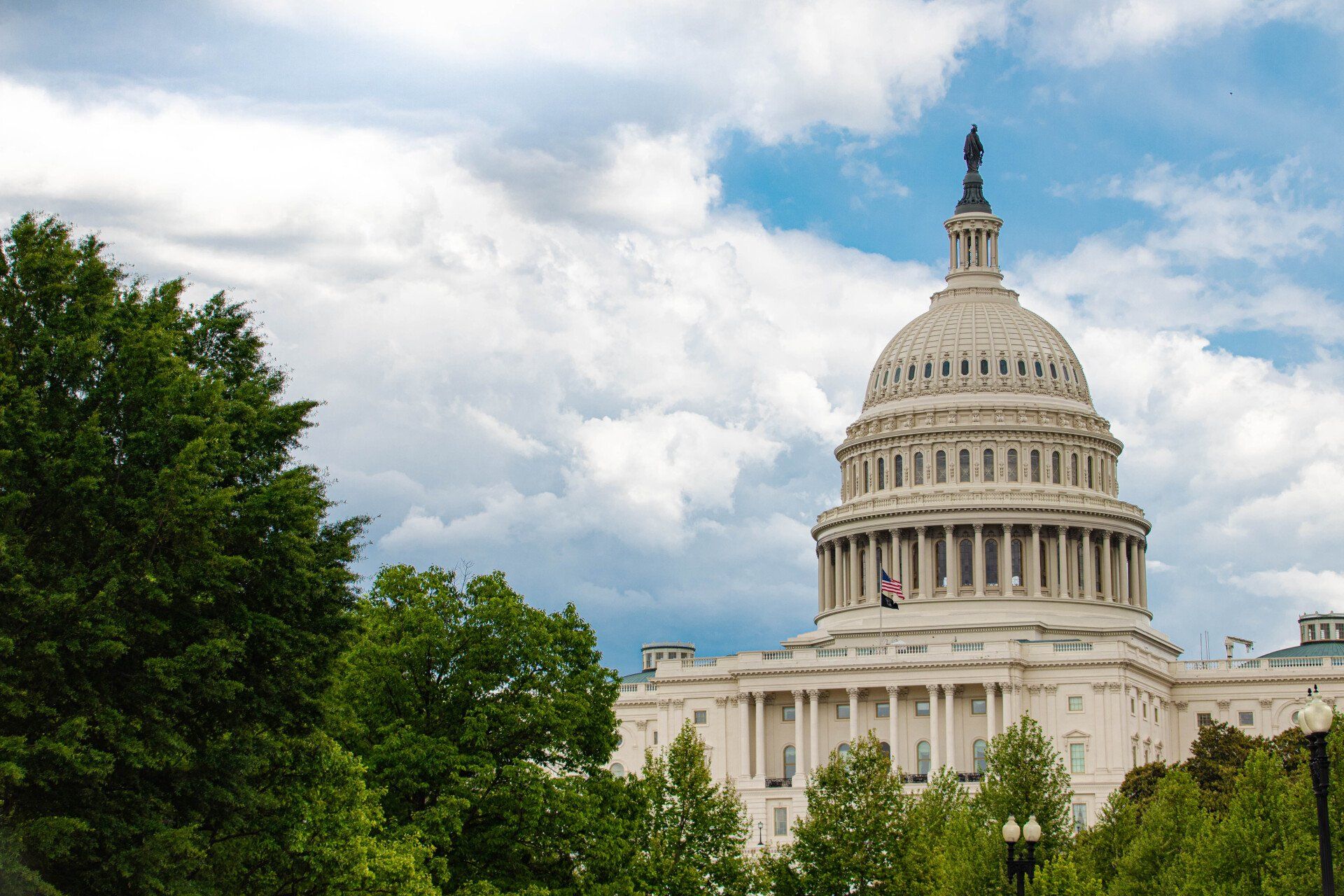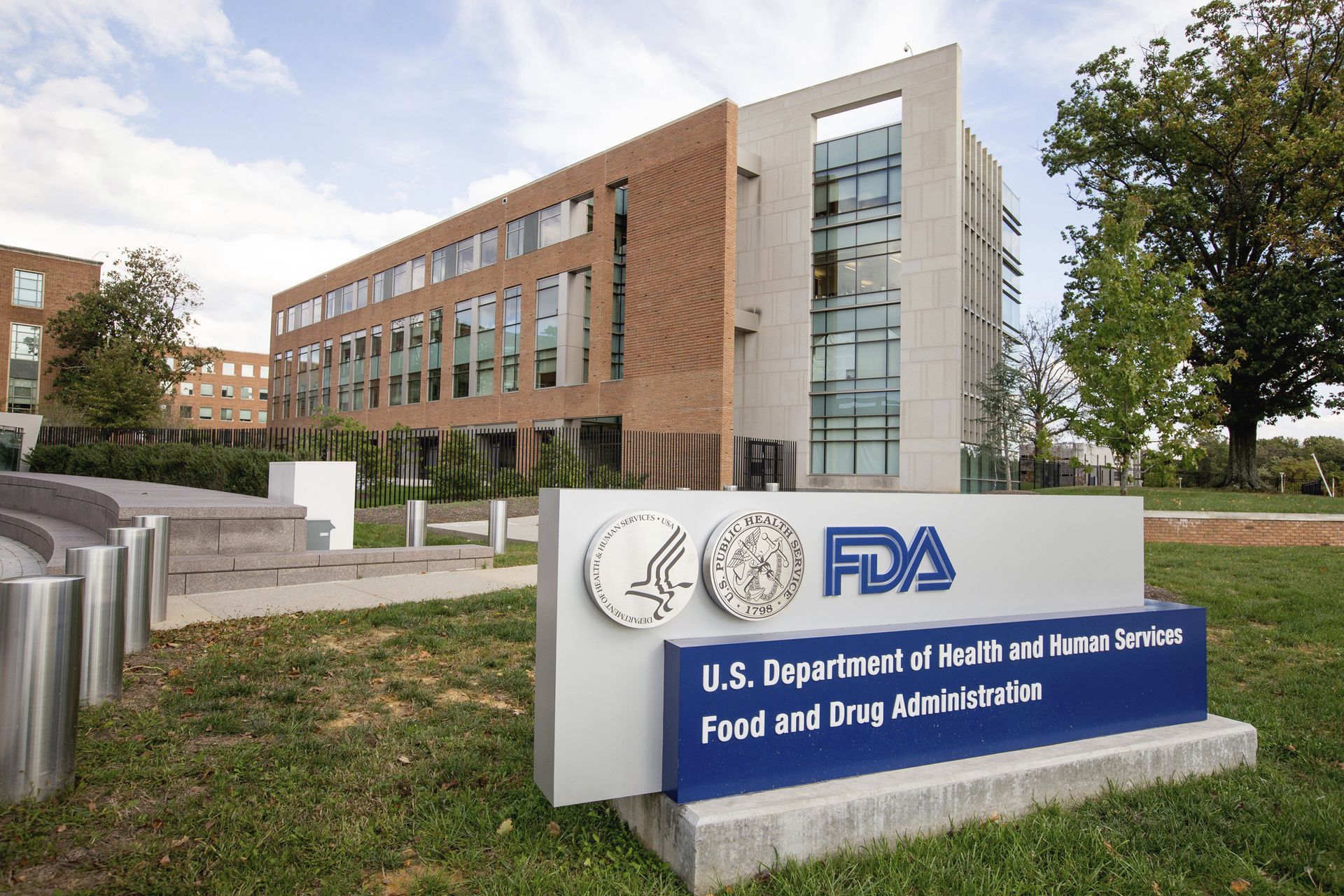The answer, my friends, is blowing in the wind (Bob Dylan). Almost to a person, the sector would prefer the FDA/DEA to remain out of the regulation of even medical cannabis and would want the full de-schedule option. This is extremely remote since the Department of Health and Human Services (“DHHS”), which houses the Federal Drug Administration (“FDA”), sent a private recommendation to the Drug Enforcement Agency (“DEA”) to reschedule cannabis to category III. Category III means it is less subject to abuse harms than I and II drugs and substances.
The Congressional Research Services Report, Sept 13, 2023, stated that the Schedule III category would mean “significant implications for state medical purposes but fewer for state recreational programs.” The report neglected to speculate on what these implications might look like. The report also stated that the DEA, to its knowledge, has never rejected an FDA recommendation on rescheduling.

Practical Implications:
- First off, and arguably most important of all, this move would acknowledge what we’ve all known for quite some time – that there are medical benefits associated with the plant (albeit with the caveat that there is low to moderate potential for physical and psychological dependence). Like other schedule III drugs such as codeine or ketamine, medical cannabis will be legally available only by prescription.
- From a patient perspective, this means two things: better outcomes over time (R&D + clinical trials inevitably means we will have a better understanding of which cannabinoids treat specific illnesses/symptoms) and it also means insurance coverage.
- All cannabis producers will get immediate relief from the punitive IRS Code Section 280E provision which effectively taxes producers at 80% effective rate. Once category III is affected the average tax rate would be in the 28% range.
- A non-punitive tax rate would free up hundreds of millions of internal capital and open the door for producers to list on US stock exchanges.
- Because of the Schedule I category, most public producers are listed on the CSE or TSXV – Canadian stock exchanges. This economic catalyst would result in more liquidity, more institutional investors and more capital for the sector.
- No interstate commerce even under Schedule III.
- Medical cannabis would be subject to the Food, Drugs, Cosmetic Act (“FDCA”)
- The federal regulation of medical state cannabis programs becomes more real than theoretical. We could see the imposition of good manufacturing processes(“GMP”). GMP is applied and adopted by the pharmaceutical and consumer packaged goods sectors regulated by FDA/DEA. General production practices (“GPP”) may not suffice for the FDA/DEA for medical cannabis.
- Audit and regulatory oversight for medical cannabis, more than recreation, with a focus on audits and the integrity of the quality assurance process. The quality management solution becomes a focal focus to assess the health, safety and consistency of medical products under Schedule III.
- We can envision a national enforcement role for medical “claims” that are not founded upon clinical testing for medical cannabis products.
- More access to capital and listing on U.S. Exchanges.

Catalyst By-Products of Schedule III:
- Better access to capital and banking. Normalized profits and ability to attract capital, bank normally and invest in the business.
- Perhaps more M&A transactions amongst cannabis producers. There has been some “fear” that big pharmaceuticals would buy up the sector. To date, the number of medical cannabis companies with a drug identification number and an FDA approved product is no more than four. GW Pharma did the single notable acquisition medical cannabis while it was Schedule I. There is another small handful of drug focused cannabis producers in the world.
- To date, tobacco and consumer packaged goods have invested in the recreation side of cannabis. Philip Morris International has made investments in cannabis medical device delivery mechanisms. BAT, Imperial Brands, and Altria have all made investments in cannabis producers.
- A signal or nudge that assists pending legislation before Congress and the Senate on the cannabis sector.
Conclusion
The big win will be a financial one and the “cost” of this win will be the start of federal regulation for state medical cannabis producers. To have held a view that federal regulation of cannabis would never happen, and the states would remain with 100% regulatory control over medical and recreation cannabis seems to have always been a naïve view. This is the start of a national regulatory regime.
Wild cards include the timeline for DEA acceptance of the FDA recommendation. The passage of other legislation in the meantime that could impact this decision. The political landscape and the final wild card are international treaties that the U.S. may belong to that requires amendment, in a bilateral or multilateral fashion.

